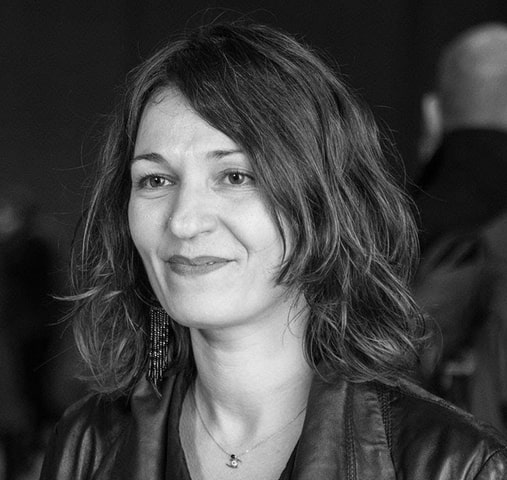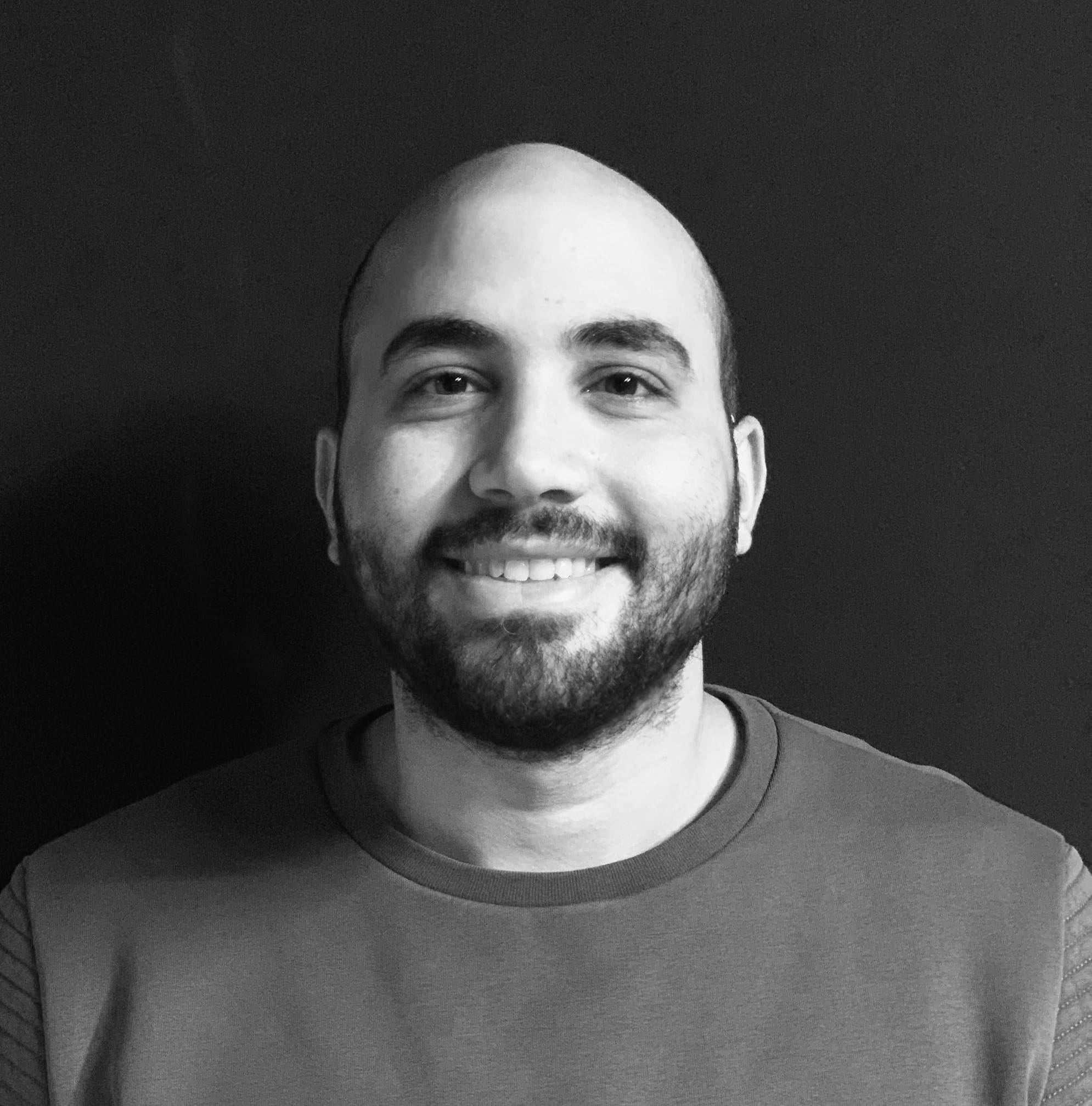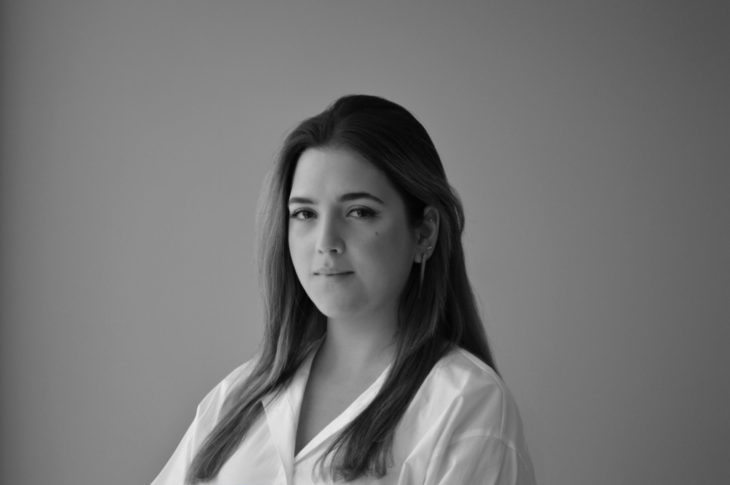Master in City & Technology 2021/22 – Term III
Studio Name: The Internet of Buildings // Urban Mining – Building Material Banks
Total Hours: 50 hours
Faculty: Areti Markopoulou & Oana Taut
Computational Expert: Hesham Shawqy
Faculty Assistants: Sarine Bekarian

WasteWays, MAA Thesis 2019/21, Student: Deepika Raghu, Faculty Areti Markopoulou, Mathilde Marengo & Iacopo Neri

Resource Rows Apartments, Lendager Group
Context & Agenda
Amidst the environmental crisis and the fact that the building industry is one of the heaviest waste generators globally, it is imperative to develop circular systems of treating our city’s materials. These circular systems aim to close or limit material and resource loss, and have the potential to minimize waste, using this as a resource in itself. The major waste material in cities is waste from building construction and demolition. If we could, therefore, detect, sort and organize future reuse of these materials, then we would be able to treat buildings as material banks and urban environments as “mines”. The term “Urban mining” is used to describe the process of recovering and reusing a city’s materials, which is the focus of the current Planning and Design studio.
During the studio, students will investigate the potential impact of applying circular strategies and material reuse policies as an urban development mechanism. The goal is to form a consolidated body of knowledge establishing buildings as urban material banks in an interconnected network of physical and informational circular infrastructure. The students will develop this work in two stages zooming on different scales of the selected case study, the city of Barcelona.
For the purpose of this study, the Studio team will provide a digital interface based on computer vision and machine learning that enables students to collect building material data from standardized online street captures. During the first week, computational expert Hesham Shawqy will hold an intense workshop aiming to equip the students with the understanding and ability to use the provided tool.
In the first stage, students will explore the urban mining potential of a selected material by creating geolocated material distribution maps, identifying relevant interconnections and proposing opportunities for impactful urban scale re-use strategies.
Following this analysis, students will be asked to focus on a selected area of Barcelona and identify cases of programmed obsolescence and development opportunities to propose new urban configurations informed by the circular re-use network developed in stage one.
Learning Objectives
At course completion the student will:
- be able to apply principles and concepts of Circular Design and Circular Economy in the urban environment
- understand the basics of computer vision and the potential of machine learning for urban analytics and planning
- be able to develop design and planning strategies following concepts of upcycling and re-use of local materials
- understand principles of “Design for Disassembly” and circular construction
- apply concepts of “Urban Mining” in a variety of urban contexts
Faculty

Areti Markopoulou is a Greek architect, researcher and urban technologist working at the intersection between architecture and digital technologies. She is the Academic Director at IAAC in Barcelona, where she also leads the Advanced Architecture Group, a multidisciplinary research group exploring how design and science can positively impact and transform the present and future of our built spaces, the way we live and interact. Her research and practice focus on redefining the architecture of cities through an ecological and technological spectrum combining design with biotechnologies, new materials, digital fabrication and big data.
Areti is co-founder of the art/tech gallery StudioP52 and co-editor of Urban Next, a global network focused on rethinking architecture through the contemporary urban milieu. She is the project coordinator of a number of European Research funded Projects on topics including urban regeneration, circular design and construction and multidisciplinary educational models in the digital age.
Areti is the founder and is currently chairing the Responsive Cities International Symposium in Barcelona while she has served as Head Curator of international exhibitions such as Future Arena and On Site Robotics (Building Barcelona Construmat 2017-19), Print Matter (In3dustry 2016), HyperCity (Shenzhen Bi-city Biennale, 2015) and MyVeryOwnCity (World Bank, BR Barcelona, 2011). Her work has been featured in exhibitions worldwide and together with Lydia Kallipoliti she has been appointed the Head Curator for the Tallinn Architecture Biennale 2022.

Oana Taut is a Romanian architect and computational designer specialised in the field of AI in architecture. She obtained a Master’s Degree in Advanced Architecture from the Institute for Advanced Architecture of Catalonia.
Oana is the founder of BuildFlow where she leads the research of generative optimization and generative AI models to help design of performant and creative architectural space.
Her overall professional aim is to design quality space based on objective data, and materialise it in a sustainable way. Her master thesis project developed in IaaC is a research on the topic of artificial intelligence as enabler of a renewed architectural process.
Oana is also leading the Future Cities studio in CIEE – IAAC.
Before becoming a computational architect and AI researcher, Oana had gained extensive professional experience working on educational, residential, hospitality and master planning projects internationally.

Hesham Shawqy is an architect, computational designer, focusing on computational design and artificial intelligence in the field of architecture and urban development. He recently joined the IAAC team as a teaching-research assistant. He received his Master’s degree in Advanced Computation for Architecture & Design in 2021. His research interests focus on digitising handcrafts using Machine learning and robotic fabrication.He has taught many workshops related to computational design and digital fabrication since 2017. He is a part-time teaching assistant at the American University in Cairo, and Ain Shams University.

Sarine Bekarian is an Architect and an Urban Technologist from Lebanon. She holds a Bachelor of Architecture from the Lebanese American University and a Master in City & Technology from IAAC (MaCT02, 2020). Her interest in self-sufficient buildings and neighborhoods are coupled with a passion in urban data analysis using artificial intelligence, machine learning and geographic information system. During the internet of building studio, she took a special interest in waste to energy systems and elaborated this topic into her master thesis, where she developed a tool using machine learning for sustainable micro-scale waste management system for recycling and energy production in Barcelona’s Eixample neighborhood.
She has over 4 years of experience in architectural projects, urban design and urban planning from Beirut, Tehran, and Barcelona.
